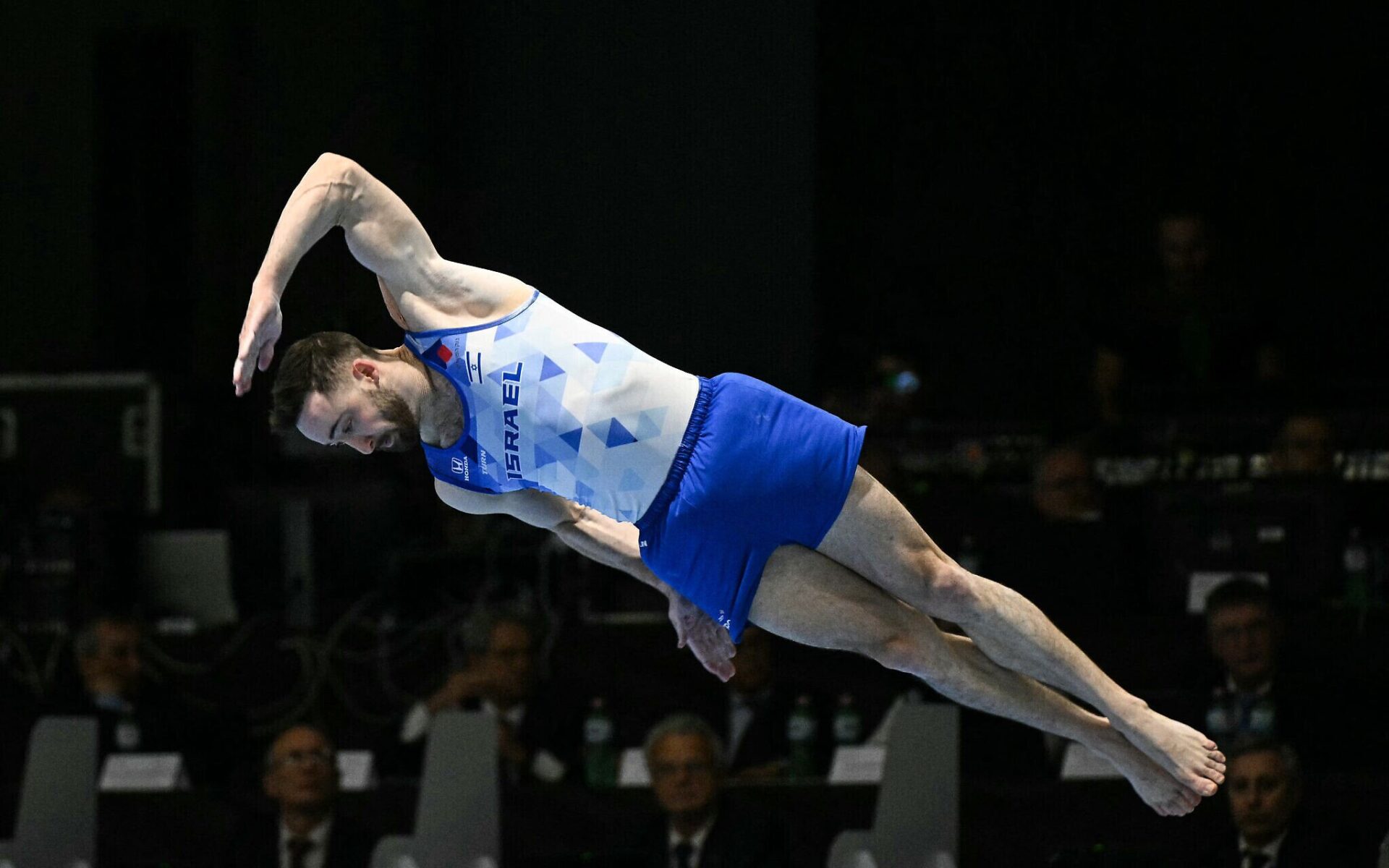In October, Indonesia announced that it would refuse visas to Israeli gymnasts set to compete in the World Artistic Gymnastics Championships in Jakarta. The decision revived historical tensions between sport and geopolitics, prompting legal maneuvers by Israel through the Court of Arbitrations for Sport (CAS).
Indonesia and Israel have established formal diplomatic relations, though Indonesia has consistently declined to host Israeli delegations. In 1962, Jakarta refused entry to Israeli (and Taiwanese) teams for the Asian Games, a precedent that foreshadowed the current standoff. This year’s refusal was grounded publicly in domestic pressures; religious groups, political actors and municipal authorities in Jakarta warned that hosting Israeli athletes amid the Gaza conflict would provoke unrest.
Officials characterized the move not as a sports decision but a matter of national policy and public order. The legal affairs minister affirmed that Jakarta would not grant visas, acknowledging the withdrawal of a previously submitted sponsorship letter by Indonesia’s gymnastics federation. The governor of Jakarta also stated that permitting Israeli competitors could trigger protests. Against this backdrop, Indonesia framed the denial as the exercise of state discretion over immigration and foreign policy, not a failure of its sporting obligations.
Internationally, the response was measured. The FIG (International Gymnastics Federation) issued a statement noting the visa refusal and expressing hope for participation but notably did not threaten to relocate the Championships. This muted reaction suggests a reluctance to confront host governments directly, especially on matters deemed beyond sports jurisdiction.
Israel’s federation (IGF) responded with dual appeals to CAS: one seeking to annul FIG’s acknowledgement of Indonesia’s decision and another demanding the FIG adopt measures to guarantee Israeli presence or relocate the event. On Oct. 14, CAS declined to grant provisional relief: both requests from urgent measures were rejected, partly due to jurisdictional constraints and the principle that host state visa policy lies outside CAS’s reach. As a result, Israeli athletes were no longer allowed to compete in the Championships.
Meanwhile, CAS has not yet ruled on the underlying merits: whether FIG breaches its own statutes or obligations by failing to act when a host nation denies participation. However, any ruling will come too late to influence the event.
This case illuminates tensions in international sports governance. First, host state sovereignty over immigration remains an almost absolute constraint on federations. Sporting bodies seldom — or cautiously — challenge government refusal to admit athletes, especially when invoking public order. FIG’s “take note” approach highlights institutional caution in confronting potentially volatile political decisions.
Second, the non-discrimination norms enshrined in many sports statutes become aspirational when confronted by political realities. That Israel cannot yet convert those norms into binding obligations on states emphasizes a structural weakness: federations have limited leverage over sovereign behaviour. Even when federations have authority to sanction hosts, they often avoid triggering conflicts that might jeopardize relationships or logistics.
Third, CAS’s discretion is constrained. Its ability to order remedies is sharply limited in cases involving sovereign acts like visa issuance. Its refusal to intervene in provisional relief underscored how CAS respects traditional jurisdictions boundaries.
Fourth, timing is decisive. Once a competition is imminent, CAS seldom intervenes forcefully enough to avert exclusion. The delay inherent in institutional legal processes often disadvantages the left-out party.
Finally, some may critique the strategic choices of sports actors. FIG’s restraint may preserve institutional stability, but it is argued that it compromises the integrity of competitions. Indonesia’s willingness to override sporting inclusivity raises questions about the conditions under which politics may justifiably override sport. While Israel’s legal recourse is principles, it may underestimate the political and jurisdictional barriers.
The visa refusal by Indonesia to Israeli athletes and the ensuing CAS appeals expose a structural gap between ideals of open participation and the realities of state sovereignty. Indonesia’s determination, rooted in domestic politics and foreign policy, ultimately prevailed. Israel’s appeals flowed into legal channels that could document the dispute but failed to alter outcomes. The unresolved merits case may inform future doctrine, but it will not change the situation with Jakarta. In the realm where sport and politics intersect, this dispute starkly illustrates that law alone may be insufficient to bridge the divide.

